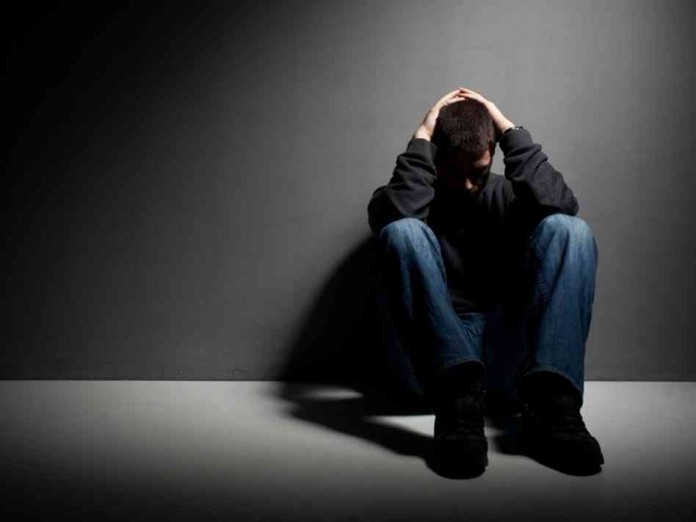
A second wave of the coronavirus would harm the public’s mental health after people built up hope during the reopening of the country, psychologists say.
“I think a second wave would be devastating for a lot of people,” Dr. Crystal Park, professor of psychology at the University of Connecticut, told the Washington Examiner. “There is a sense that we have been through a really terrible, traumatic time and we are now in a phase of reopening and recovery.”
People started to put some of the stress of COVID-19 behind them, so a second wave would “provoke a whole new and perhaps deeper sense of fear and uncertainty,” Park said. “We would be feeling like we are retraumatized and likely more distressed and hopeless than the first time around.”
In the middle of the first wave, over 45% of the public said the stress of the coronavirus had negatively affected their mental health, according to a poll conducted by the Kaiser Family Foundation.
“Feelings of isolation, loneliness, anxiety, depression, and substance abuse have all been on the rise,” said Dr. Jamie Aten, founder and executive director of the Humanitarian Disaster Institute, a faith-based, academic disaster research center. “It’s also important to recognize that the increased mental health stress, coupled with the fact that many have largely stayed home, has also led to a possible increase in not just relational problems but even interpersonal and domestic abuse.”
Three months of quarantine would cause intimate partner violence to increase by 20% worldwide, according to a study done by the United Nations Population Fund. This would worsen during a second wave of the coronavirus, Aten said.
“We are going to see mental health struggles increase, especially if there is a second wave,” he said. “It is most probable that another and even bigger wave of emotional problems will follow.”
One of the reasons the coronavirus is taking such a hit on people’s mental health is that they do not have a clear idea of when the emergency will end, said Dr. Shauna Springer, chief psychologist of the Stella Center. “Many of us could tolerate even a very lengthy period of quarantine if we knew when it would end. Not knowing is doing a number on us psychologically.”
The impact of a second wave is going to differ depending on a person’s circumstances, such as what type of job he or she has. Someone whose job can be easily moved online and has no fear of losing it is going to do better than a person who fears losing his or her business or being unemployed again, Springer said.
A second wave of unemployment would affect people who work at retail stores, bars and restaurants, dentist offices, and other businesses that have a physical location.
Unemployment soared by 17 million people during the first wave, according to the Bureau of Labor Statistics. Some have been able to go back to work since the reopening of the country, but they could lose their jobs again if a second wave of lockdowns occurred. “As the economy opens, they begin to feel some new hope of financial recovery. Such a person is likely to feel a much greater impact of a second wave,” Springer said.
Another reason the second wave would be worse than the first wave is the effects of prolonged stress. “Prolonged stress can often be more harmful than short-term stressors,” said Dr. David Susman, a clinical psychologist and assistant professor in psychology at the University of Kentucky.
COVID-19 and the lockdowns implemented by the government caused behavioral health symptoms to rise in Washington state, and the problem is only going to get worse in the year ahead, the state health department said in a May document.
The highest risk of suicide related to the coronavirus will be between October and December if there are no new waves of the virus, the document says. If there is a second or third wave, the situation would change dramatically, according to the document.
However, the country needs to focus on this first wave before considering a second wave of the virus, Dr. Anthony Fauci, head of President Trump’s coronavirus response team, told the Washington Post in an interview Thursday. “We don’t necessarily have to accept the inevitability that if we get the cases way down this summer that we will have a ‘second wave’ in the fall and the winter,” he said.
“You can’t talk about a second wave in the summer because we’re still in the first wave,” said Fauci.
(Matzav / Washington Examiner).